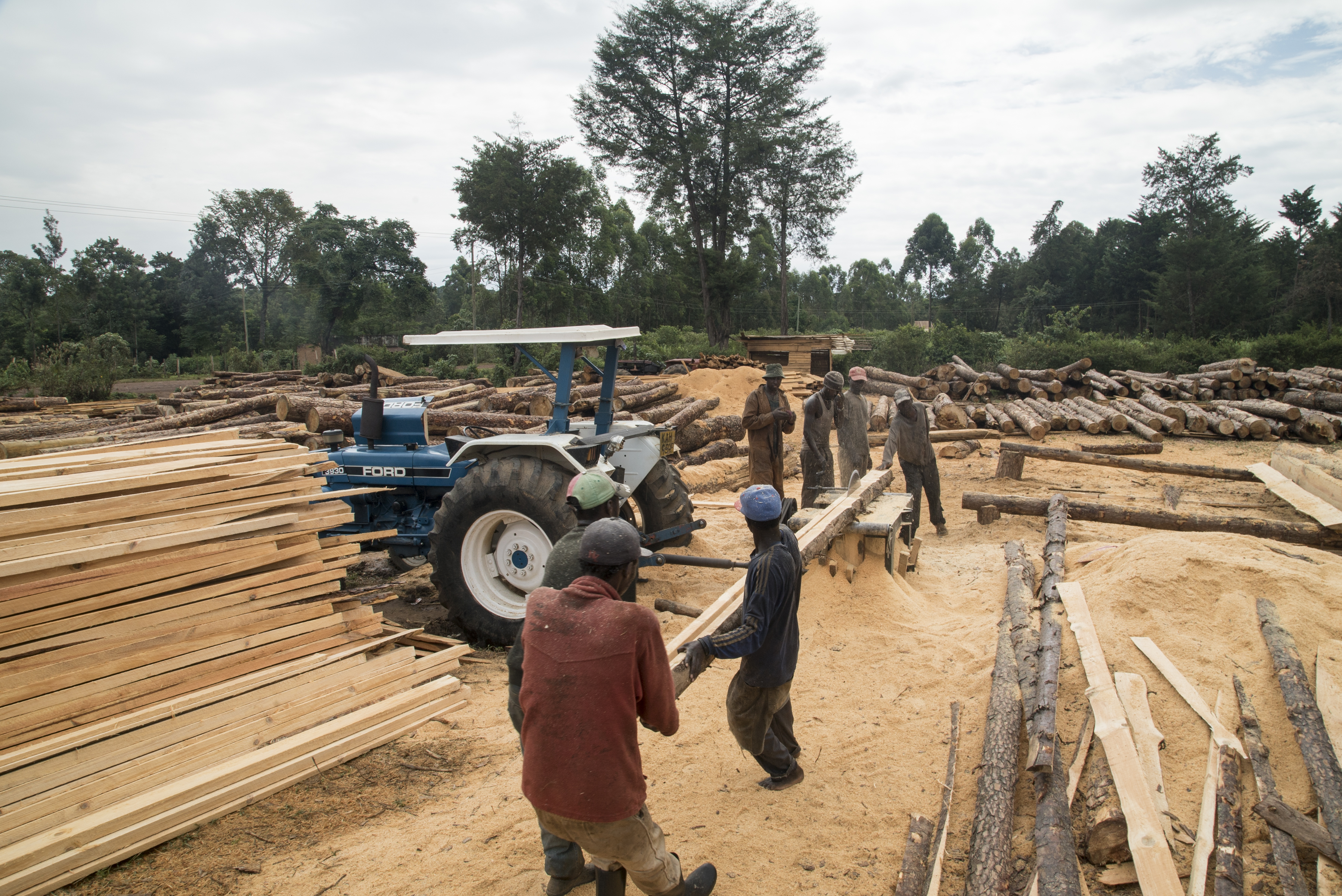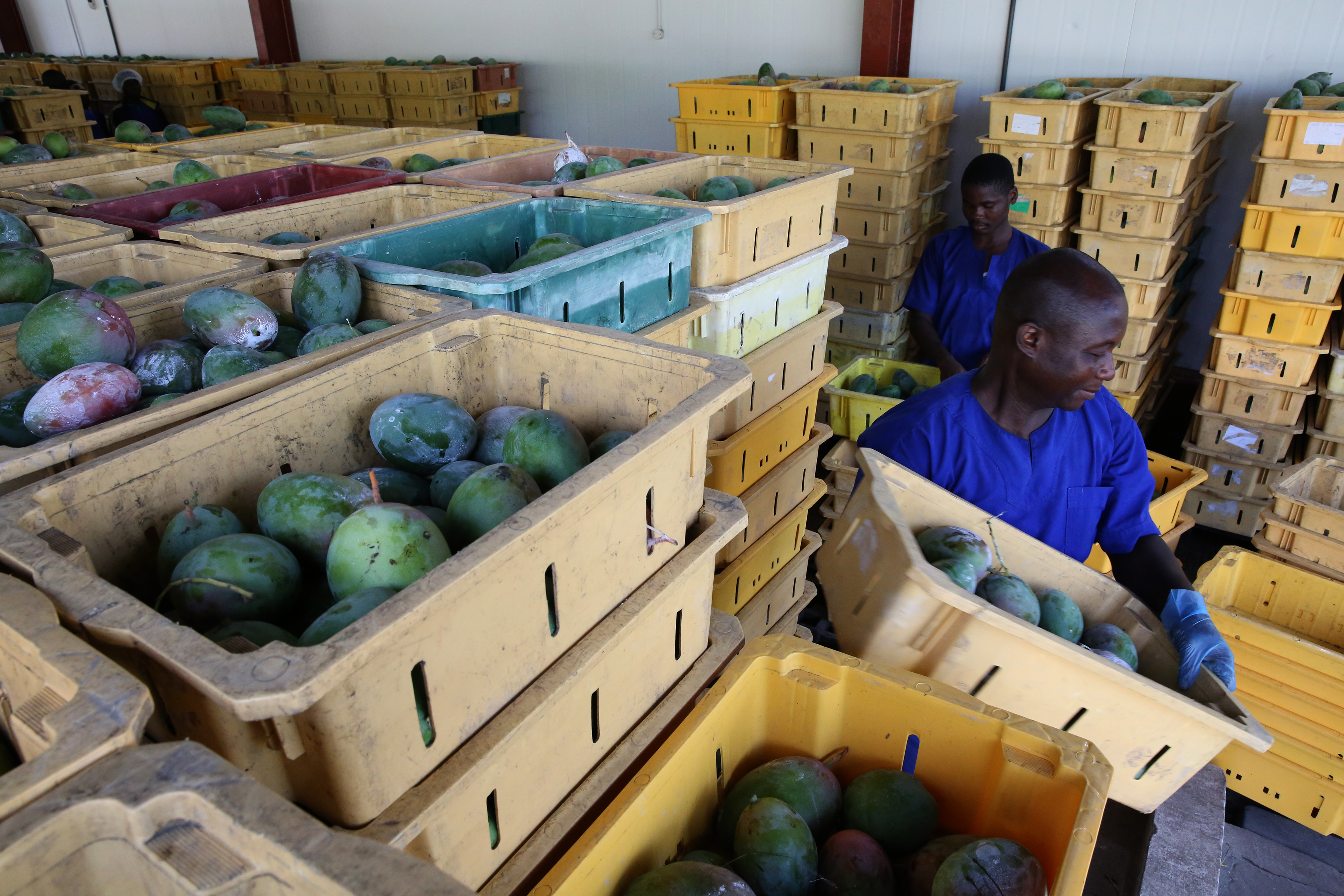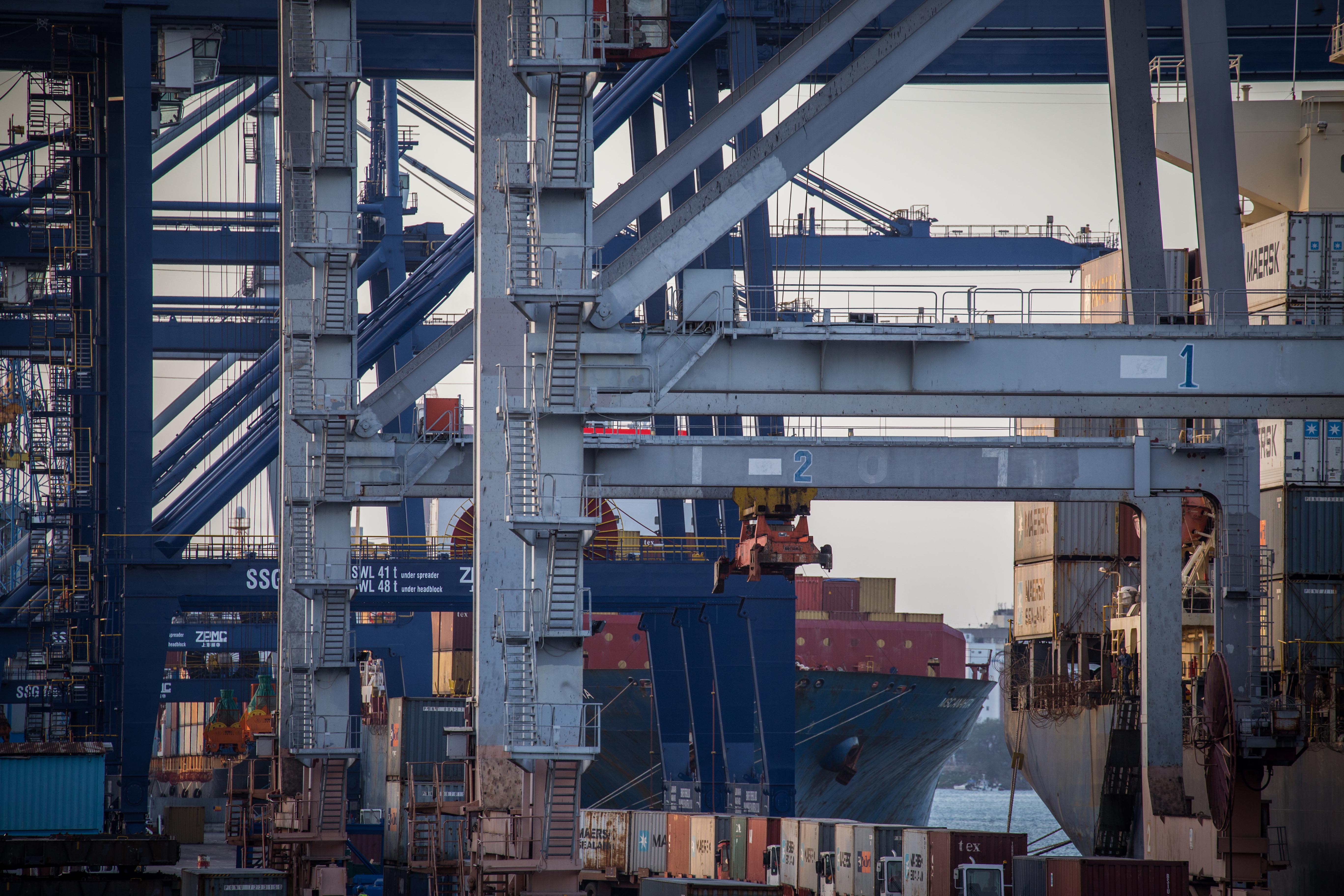Blog
The ins and outs of African industrialization
UNU-WIDER provides open access to a wealth of information
The question ‘why is there so little industrialization in Africa?’ has been a key focus of UNU-WIDER researchers and research partners for the last decade. Many Asian economies started their industrialization processes from conditions similar to those that African countries are experiencing today. Yet, while Asian economies have grown explosively, growth in Africa has failed to take off. To answer this seemingly simple but perplexing puzzle, the project Learning to Compete (L2C) was set up in 2009 by UNU-WIDER, the Brookings Institution, and the African Development Bank. This started a decade-long journey of research and policy analysis that has left us today with a treasure trove of knowledge about African industrialization.
 Generating information
Generating information
The L2C project dived deep into the question and looked at African industrialization from multiple angles. The result: a wealth of information, openly accessible on the UNU-WIDER website, and a comprehensive analysis of the industrialization process in Africa.
The project produced a Journal Special Issue and a book titled Manufacturing Transformation - Comparative Studies of Industrial Development in Africa and Emerging Asia, in addition to several working papers and blogs. The book presents the results of the project using case studies from eleven countries to illustrate the interplay between industrial policies and industrialization outcomes. The working papers cover issues from industrial policy and development in Ethiopia, Nigeria, Uganda, and Mozambique to analyses of the manufacturing sectors in Kenya and Tanzania.
Increasing understanding
The L2C project ended in 2013, but with ground still left to cover in our understanding, the project Jobs, Poverty, and Structural Change in Africa was started. The idea was to build on the work done previously to gain more understanding of the structural transformation challenge in Africa, link it to issues of employment creation and poverty reduction in a more systematic way, and provide practical guidance for policy makers.
The outcomes of the project were outlined in several working papers and the following publications:
-
 Industries without Smokestacks - Industrialization in Africa Reconsidered argues that in Africa other activities that share the characteristics of manufacturing — including tourism, ICT, and other services as well as food processing and horticulture — are beginning to play a role similar the one played by manufacturing in East Asia. Focusing on these industries could offer Africa a unique advantage in global trade.
Industries without Smokestacks - Industrialization in Africa Reconsidered argues that in Africa other activities that share the characteristics of manufacturing — including tourism, ICT, and other services as well as food processing and horticulture — are beginning to play a role similar the one played by manufacturing in East Asia. Focusing on these industries could offer Africa a unique advantage in global trade. - Made in Africa - Learning to Compete in Industry outlines a new strategy to help Africa get its fair share of the global market.
- The Practice of Industrial Policy - Government–Business Coordination in Africa and East Asia helps African policy makers to develop better coordination between the public and private sectors in order to identify the constraints to faster structural transformation. The book also advises how to design, implement, and monitor policies to remove the constraints.
 Sharing knowledge
Sharing knowledge
On 7 December, Professor Finn Tarp gave the keynote speech at the Annual Conference of the Economic Society of Tanzania on the global experience of industrialization. In his speech, looked back on UNU-WIDER’s work on industrialization and reflect on the possible paths forward for Africa. The materials and information generated during the project are freely available through our website to researchers, decision makers, and interested public alike.
If you want to learn more about industrialization in Africa, a great way to start is by exploring the project webpages.
The views expressed in this piece are those of the author(s), and do not necessarily reflect the views of the Institute or the United Nations University, nor the programme/project donors.
 Join the network
Join the network



